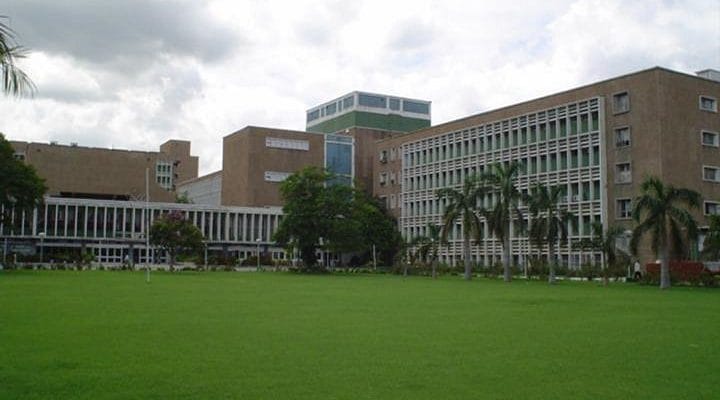
The controversy over the National Medical Commission (NMC) Bill shows no signs of dissipating, even as resident doctors at the All India Institute of Medical Sciences (AIIMS) and Safdarjung Hospital in Delhi have called off their strikes in protest of the law.
Union Health Minister Dr Harsh Vardhan met with the protesting resident doctors at AIIMS and Safdarjung Hospital over the weekend, appealing to them to call off their stir. Doctors at AIIMS resumed work yesterday, followed by doctors at Safdarjung, after the strikes forced the closure of outpatient departments and the cancellation of non-essential services during a four-day period of agitation. Police units had earlier been called to both hospitals to maintain order during the strikes.
“During a meeting with a delegation, I once again reiterated that [the National Medical Commission Bill is a major change in the field of medical education, which would prove to be a boon for providing 130 crore people better healthcare,” Vardhan said in a tweet. He stated after meeting with doctors that he had “full faith that doctors will call off the strike and resume work [in] the interest of the patients.” The striking doctors had called the Bill – which seeks to overhaul the medical education sector in India – “anti-poor, anti-student and undemocratic.”
The NMC Bill has been the subject of much controversy within India’s medical fraternity in recent weeks even as it was passed in both the Lok Sabha and Rajya Sabha. Whilst Vardhan has touted it as “the need of the hour”, doctors have said that the Bill will centralise power in the hands of the central government – in particular by replacing the largely democratically elected Medical Council of India with an NMC consisting of government appointees and diminishing the role of both the states and the doctors themselves.
“It is [a] complete abandonment of federalism and autonomy of medical education,” argued Professor T. Sundararaman, dean of the Tata Institute of Social Sciences’s School of Health Systems. “The Centre would appoint everyone in all these important bodies and even adjudicate on dismissals. Bureaucracy will have a much upper hand.” Much criticism has also been directed at a so-called ‘bridge course’ which would enable practitioners of alternative medicine and disciplines such as physiotherapy to practise allopathic medicine after a six-month training period.
Even as Safardung and AIIMS doctors have called off their strike, opposition from the medical fraternity has continued. The Indian Medical Association (IMA) has called for a national strike on August 8th, stating “the call is for all the modern medicine doctors to leave their workplace across the sectors at all levels.” Justifying the strike, the IMA said that, owing to the NMC Bill, “the health of the nation is at stake. We demand that the government of India engage the modern medical fraternity on meaningful dialogue and address the issue urgently.”

